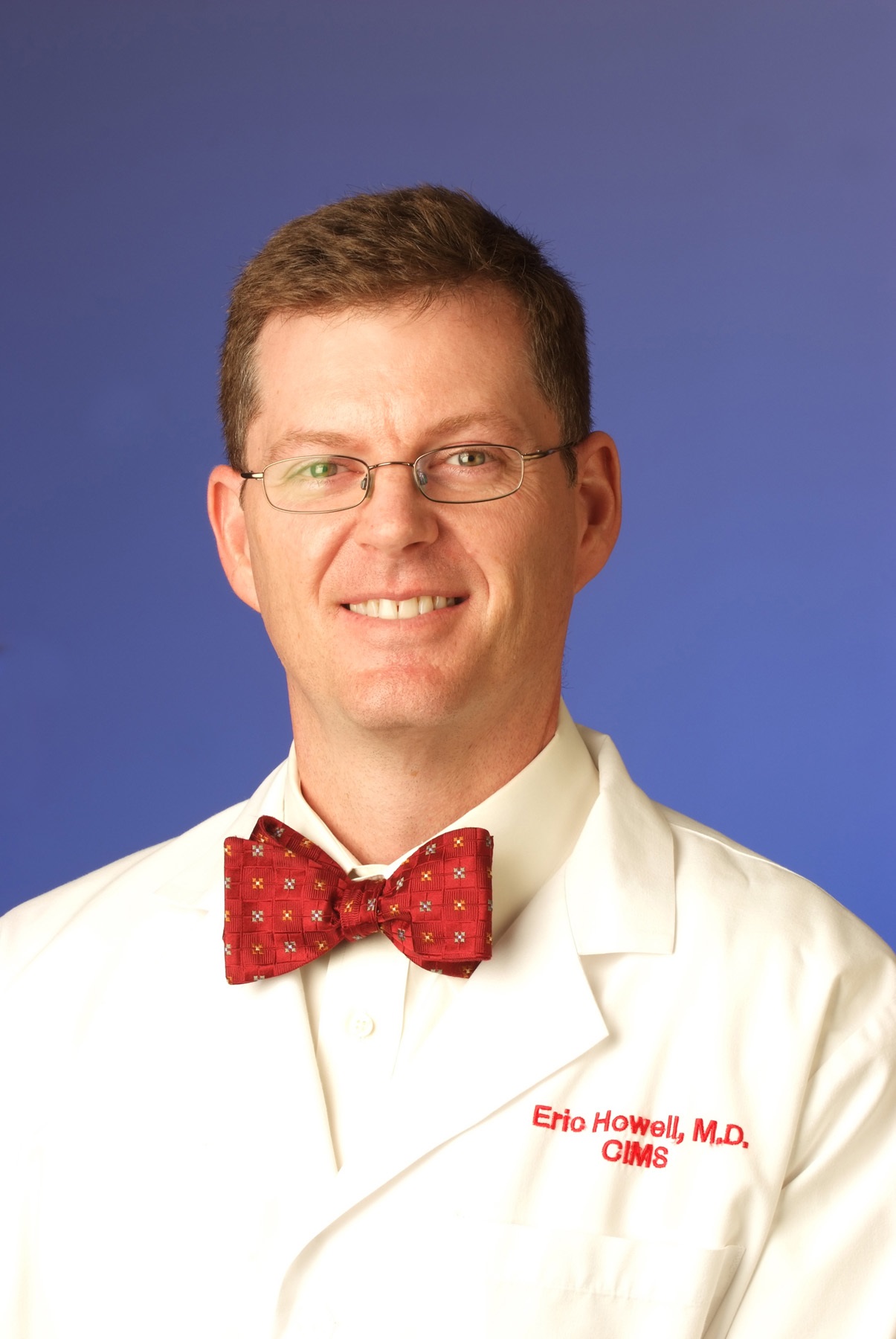Takeaway
A veteran hospitalists highlights four areas where patients have helped him become a more thoughtful leader.

Lifelong learning in clinical excellence | May 22, 2018 | 1 min read
By Eric Howell, MD, Johns Hopkins University School of Medicine
As a veteran hospitalist, I’m lucky enough to have experience running multiple clinical practices inside a variety of hospitals.
I was recently asked, “are there parallels between success at bedside clinical excellence and success with leadership inside our healthcare organizations?”
I believe the answer is a resounding YES!
Here a few areas where working with patients at the bedside prepared me for leadership of a healthcare group:
1.) Communication
Communication is critical. The ability to interpret and reframe complex stories into easily understandable, yet rigorous, content is key. Communication is just as important when describing a new clinical venture to clinicians, as describing heart failure is to a patient. As with patient interactions, listening, using honesty, and “translating” is critical to leading change. Doctors may need help having a financial Return on Investment (ROI) translated into clinical speak, in the same way an intelligent patient will need help understanding the myriad of echo findings.
2.) Shared Decision Making
Shared decision making with other professionals is as good a strategy for the clinical leader as it is for doctor-patient decisions. Everyone wants a say in their future, patient and frontline clinician alike.
3.) Diagnostic Errors
Be on guard for diagnostic errors, in patients and clinical programs. Missed, wrong, or delayed identification of a problem is just as much an issue when overseeing a program, as it is for the doctor with the individual patient. A sick program may impact many, many patients too.
4.) People first.
It’s all about the people. Advocating for others, whether patients or professionals, is the most rewarding aspect of my career. The connections to patients provide resilience and fulfillment to me as a bedside doctor. Connections to the clinicians and administrators that make up the clinical programs I am privileged to lead, provide the resilience and fulfillment needed to thrive in this ever more complex healthcare world.
To hear more from Eric Howell on topics related to operational leadership of hospitalist practices, from conflict management to quality improvement, listen to his podcast here.

